“Strength and honour.” I don’t know about you, but every time I hear those words, I feel a punch right to the gut. That moment in Gladiator when Maximus looks his men straight in the eyes—men who are about to battle for their lives— and gives them something greater to fight for.
If you could see me writing, you would see that I have goosebumps. How did Ridley Scott manage that? To reach a barely-30, modern-day, inner-city lady—with an image of bloodied men in a Roman fight club, nearly 2,000 years back?
Why is a scene from a movie I watched one time more potent than my recent birthday? How does a fleeting memory—that’s not even ours—urge to cry, at its recall?

The Hunger Games. The Matrix. Lion King. They all do it.
These stories are etched into me—not as entertainment, but as something personal. Even primal.
When a story does this, it’s no longer an anecdote. It’s a prophecy.
A foretelling of who I’m becoming, and a reminder that I already am.
Maximus: “You’re stronger than you know. Now, will you stand and fight?”
Katniss: “Your fire is needed. Let it burn.”
Neo: “Wake up. You already know. Now choose.”
Simba: “You were never lost. Never small. You carry the kingdom within you.”
We don’t cry because a movie is sad.
We cry because we see our true selves in the characters—plus the dissonance between who we’ve seen ourselves as.
This self-recognition creates self-transformation. It heals.
Because, in that moment, we remember:
We are more than we’ve given ourselves credit for.
Maximus: “You’re stronger than you know. Now, will you stand and fight?”
Katniss: “Your fire is needed. Let it burn.”
Neo: “Wake up. You already know. Now choose.”
Simba: “You were never lost. Never small. You carry the kingdom within you.”
A story can be completely made up—yet the most real thing we’ve ever witnessed.
We believe in fictional characters more than we believe in most humans because they are honest.
Maximus’ honour.
Katniss’ hunger.
Neo’s awakening.
Simba’s return.
Their journey is ours.
And it isn’t just metaphorical—it’s biological. Our brains don’t distinguish the difference.
When we deeply immerse ourselves in a story, our nervous system responds as if we are the ones living it. Hence the goosebumps.

So, if a story has the power to shape us so profoundly—from belief to biology—it’s worth asking:
What stories move me?
Which stories of mine move others?
And, recognising this influence comes with responsibility, what stories will I tell?
In my last piece, I revealed how you are already influential.
How influence isn’t something we gain, but something we direct.
Why, when you direct your attention toward your audience, you’re more likely to win theirs.
A storyteller seeking recognition and understanding loses it. A storyteller sharing recognition and understanding gains it.
Because the most powerful story you can tell isn’t about you—it’s about what it does for someone else.
It’s a transmission of meaning, from your experience to theirs.
And to understand what’s meaningful, you have to understand them.
Every great storyteller is first a great listener. And second, a translator.

Listening is a full-body practice—an active engagement of all of the senses.
It’s hearing what’s unspoken.
Reading beyond words.
Feeling what’s underneath.
Noticing patterns emerge.
It requires disciplining the mind, so intuition can speak.
Great storytellers don’t just listen to what’s out there. They listen for what’s missing.
What people long for but don’t say.
What we need to hear but struggle to admit.
The things we feel but can’t yet name.
Remember, in Good Will Hunting, when Robin Williams (RIP) sits across from Matt Damon, repeating:
“It’s not your fault. It’s not your fault. It’s not your fault.”
Or, in Mrs. Doubtfire, when he lets the mask slip:
“Look at me—smiling from ear to ear, as I dance in your victory. But inside, my heart is breaking.”
It requires disciplining the mind, so intuition can speak.
What made Robin Williams one of the greats wasn’t just his masterful delivery—it was his translation of truth.
How he turned real, raw, unrevealed emotions into something we could experience for ourselves (“neural coupling”).
Acceptance. Grief. Broken dreams.
Not to mention, he was a master of improvisation, ad-libbing in most of his films and firing jokes at machine-gun speed in his stand-ups.
That’s listening at an intuitive level.
Facilitating deep release for people.
True story alchemy.
The best stories aren’t originals—they’re translations of ancient narratives—where the storyteller is as much a design thinker, as they are a group psychotherapist.

Storytelling is an art that leverages the science of emotional engagement.
It guides the mind through tension, release, and resolution in a way that shifts perspective.
It’s structured.
It follows patterns—moving in ways the brain expects and craves, bringing order to emotions by mapping the rhythms of human experience.
That’s why we all resonate with the same archetypes and conflicts. Why they feel familiar.
Because the storyteller isn’t making something up.
They’re following a formula. A flow.
One of the best quotes I ever heard was from Ernest Hemingway:
“I stop writing the moment the story stops writing itself.”
Storytelling is less about invention than it is about articulation.
I’m not really telling the story. I’m just conveying what it’s telling me.
I know a story is ‘telling me’ when the insights steer my brain, the idea moves my hands, and the narrative forms in my sleep.
I find the more I trust the creative process has a purpose of its own—that I’m just the facilitator—the less wrestling I have to do, and the more I receive. The story pulls me.
I used to ask, “What story should I tell?”
Then it was, “Which story is mine to tell?”
These days, I just submit, “Which of you stories wants to come through me?”
I’ll admit, though, getting here wasn’t easy. The first time I shared a story online, I hesitated for weeks before finally shutting my eyes and pressing ‘post’. I regretted it as soon as it was published.
But, I decided to leave it. To sit in discomfort. And to treat this as a practice for using my voice.
A few months later, an entrepreneur friend reached out, saying:
“Thank you for giving me permission to do the same. Every story you’ve told has shifted paradigms.”
That’s when I realised stories free the listener as much as the teller. That it wasn’t about self-promotion, or getting people to believe in me, but to believe in themselves.
The stories you’re most afraid to share are often the ones people need most.

So, why are we afraid?
If our stories have so much impact potential, why don’t we tell them more?
Maybe you resonate with one of these:
“I’m not a storyteller.”
“I don’t have anything valuable to add.”
“My story isn’t grand. It doesn’t matter.”
“I don’t think I can do it justice.”
“What if people judge?”
People think storytelling is a skill they have to learn.
That it needs to be epic.
That it has to be told ‘right’.
That it’s about them.
They fear what it will reveal.
The truth?
We already do it—consciously or not.
It’s not about being big, but being true.
Not about us, but them.
People don’t want perfection. They want realness.
Every time you explain why something matters to you, you’re telling a story.
Every time you make meaning from an ordinary moment, you’re landing on an insight.
Every time you cheer someone up, you’re having an impact.
And they don’t remember what you said.
They remember how you made them feel.
Your real fear isn’t that you can’t tell a story—it’s that, if you tell the truth, you might actually be seen for who you are. And that is the whole point.

Here’s what took me even longer to realise:
It’s not even about what you say, as much as how you say it.
If you’re trying to prove something, people lean out.
If you’re trying to share something, people lean in.
The intention behind your story, and the energy of your words, are the most important aspects of communication.
The moment you decide your voice matters, it does.
The moment you trust your story, others trust you.
People listen differently when you show up differently.
It’s why Apple’s key message is, “Think different.”
When we think different, we speak different.
And when we speak different, people act different.
Steve Jobs never once sold a product. He sold a worldview. A way of being. That’s what great storytellers do—they demonstrate.

Your story may not be for everyone.
Just as we resist telling stories, there are many reasons people resist hearing them. Even if you don’t have an agenda, people may not be ready to face the truth.
Or, they may be ready, but they may not want to receive it from you.
Often, people don’t ignore stories because they’re unimportant. They ignore them because they demand growth. And growth is uncomfortable.
The right story at the wrong time is, unfortunately, just noise to some people. Timing can be just as important as content.
Then there’s the ego barrier—when people hear your story, but act like it doesn’t matter. They tune out. Dismissed.
Secretly, though, they’re listening. They may act indifferent but, deep down, they’re on high alert. Later, they’ll be the ones who repeat your words back to you verbatim.
Some resistance isn’t rejection, it’s disguised recognition. Either way—
The point of storytelling is not to please. The more honest you are, the more polarising you’ll be—and that’s a good thing. It means you’re magnetising to some, and transformation is underway for others.

Resistance, then, isn’t something to avoid—it’s something to expect.
A sign that you’re saying something worth listening to. That you’re on the right track.
Instead of asking yourself whether your story will land, ask whether you have the courage to tell it anyway.
Reflect on:
If I fully trusted my voice, what would I say?
What is the cost of leaving it untold?
Can I tell it, exactly as it is? Without any embellishment?
If you feel a knock, there’s a gift at the door.
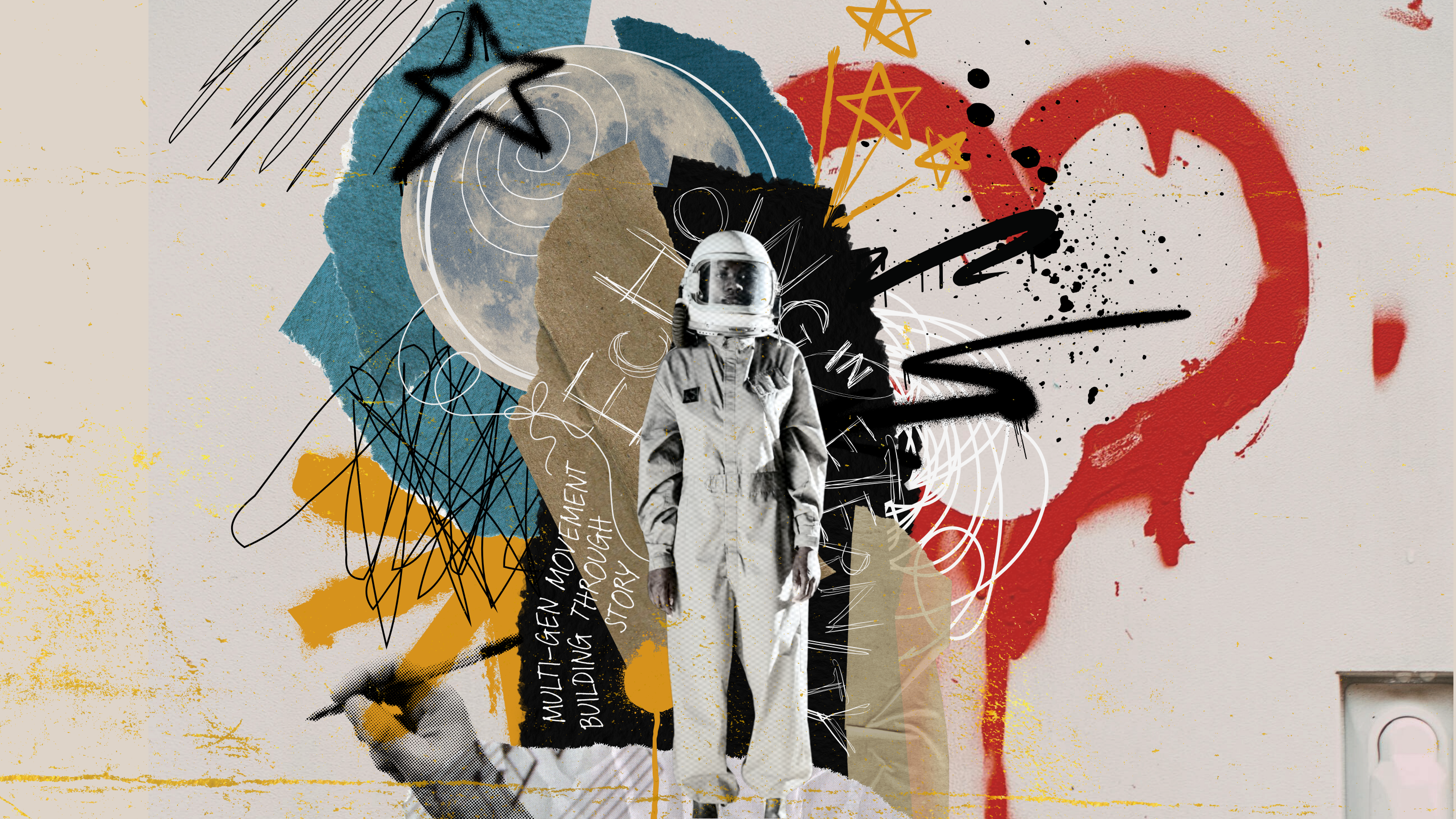
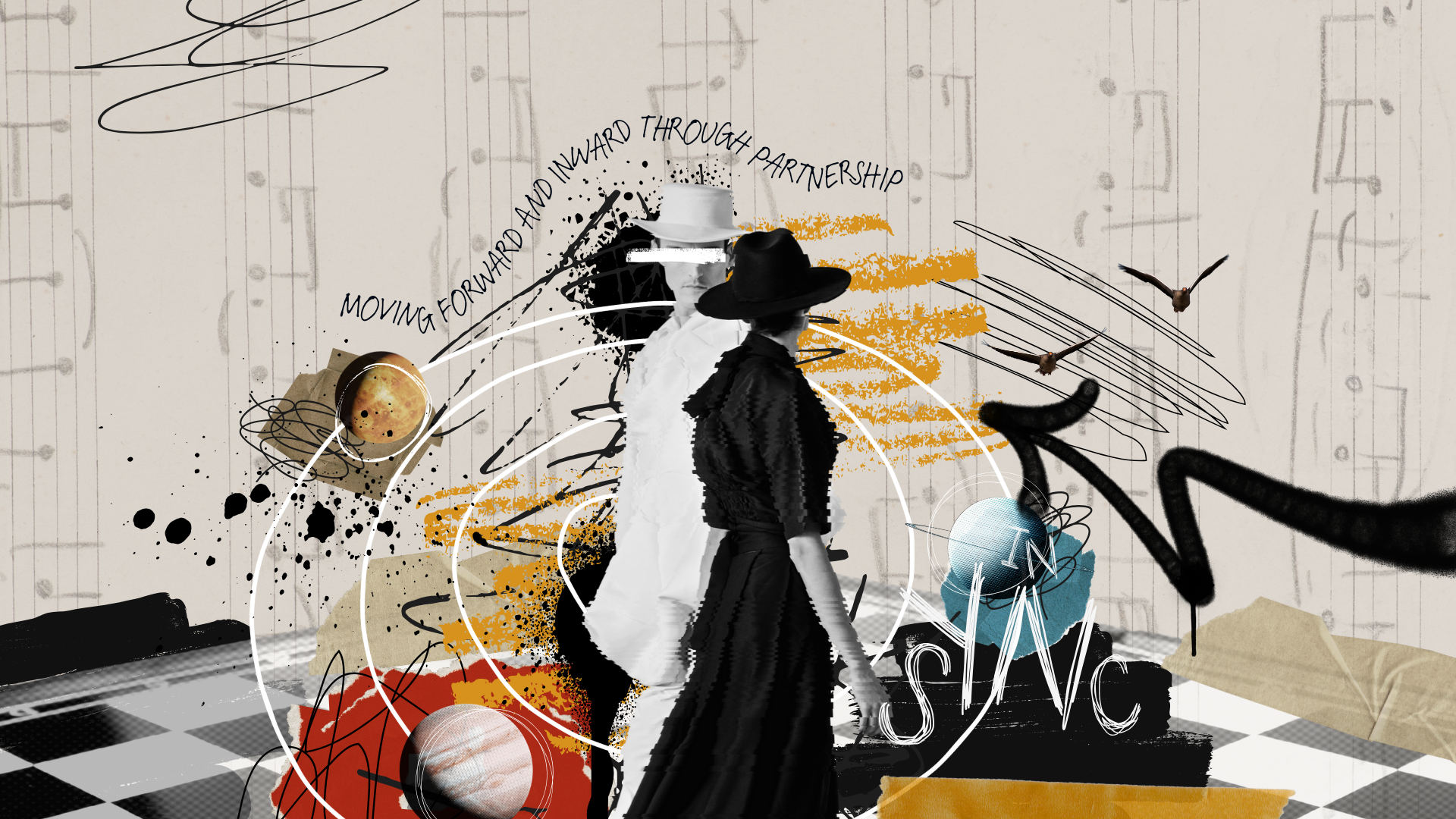
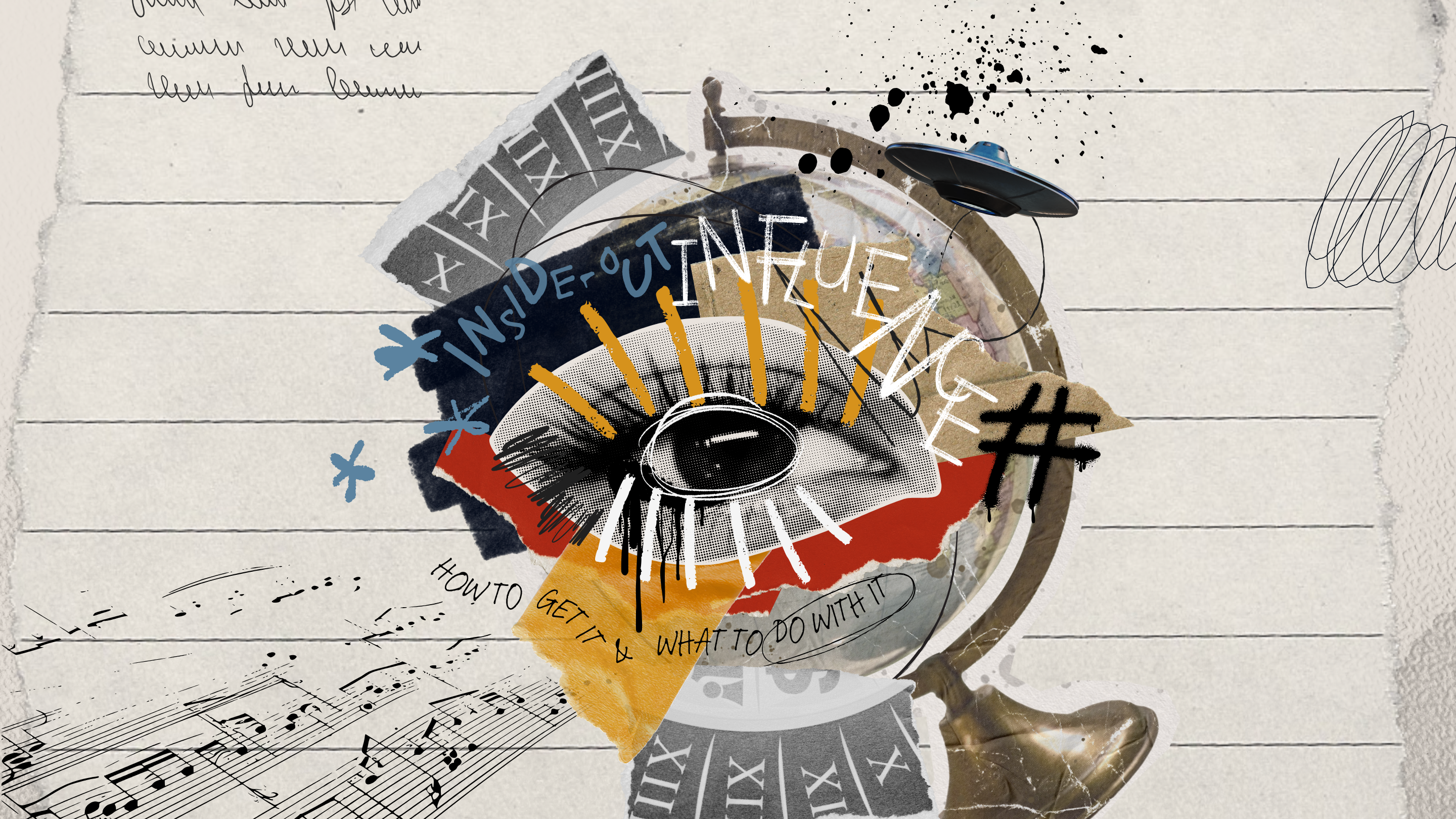
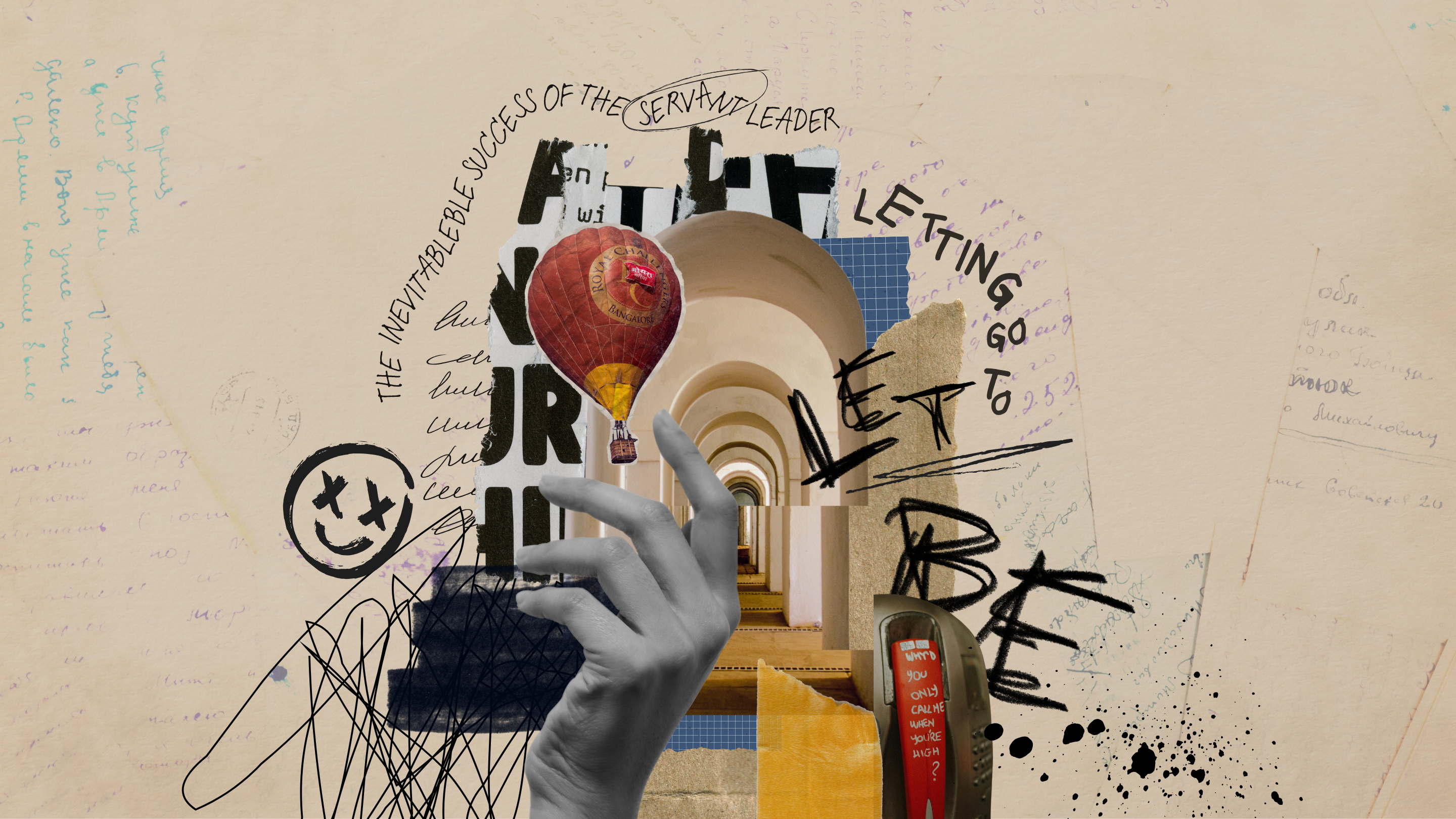
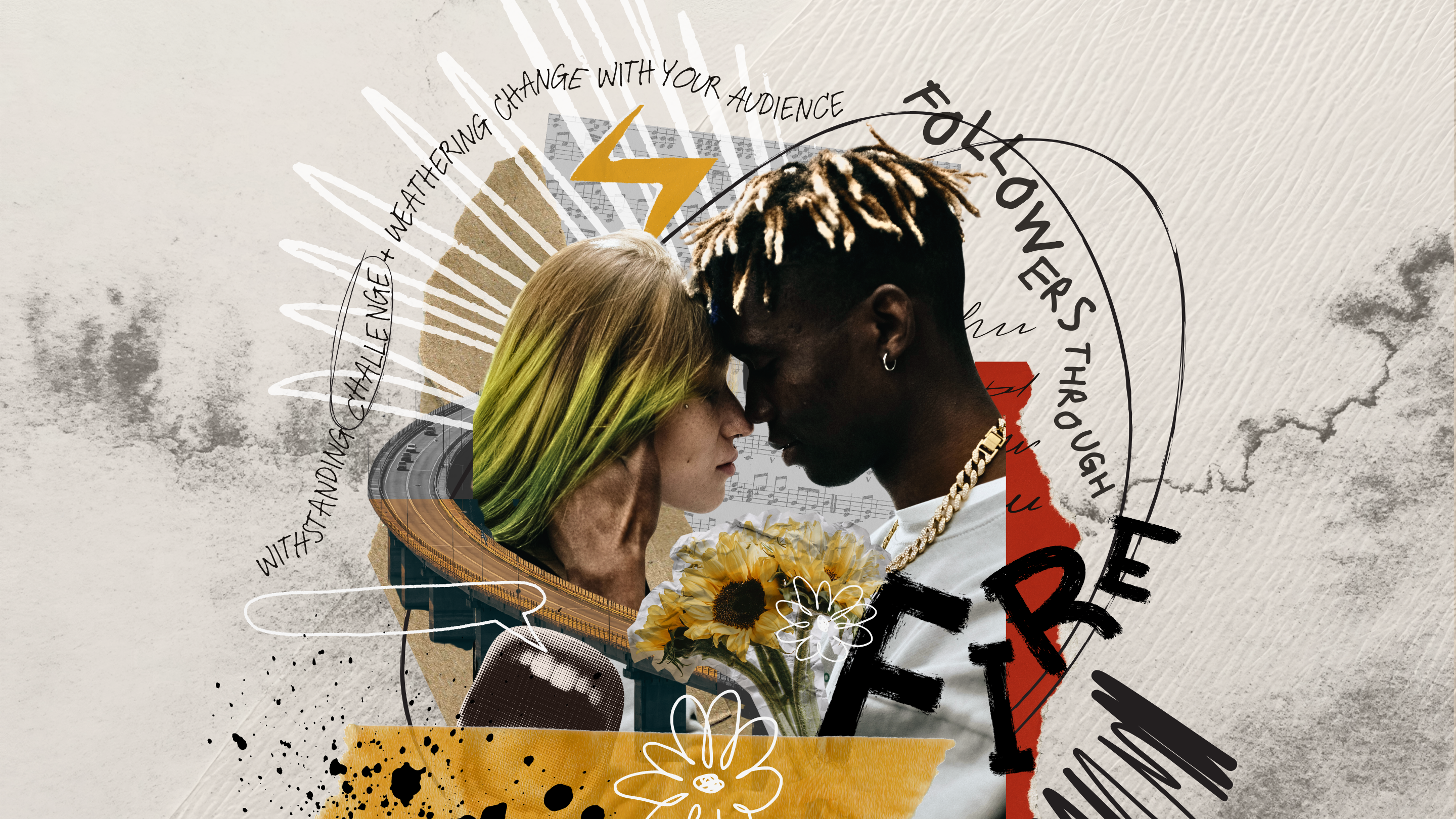
commentary
commentary